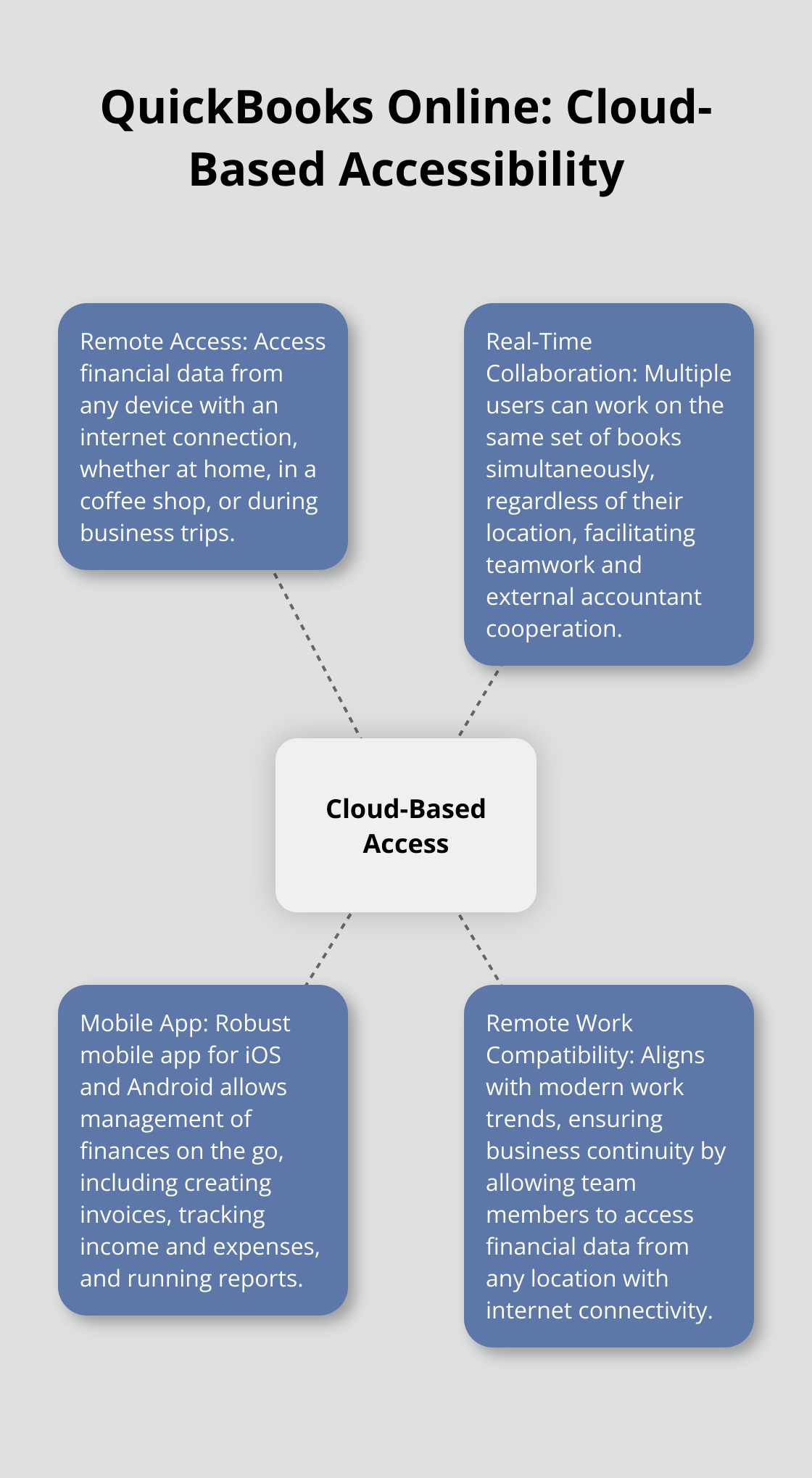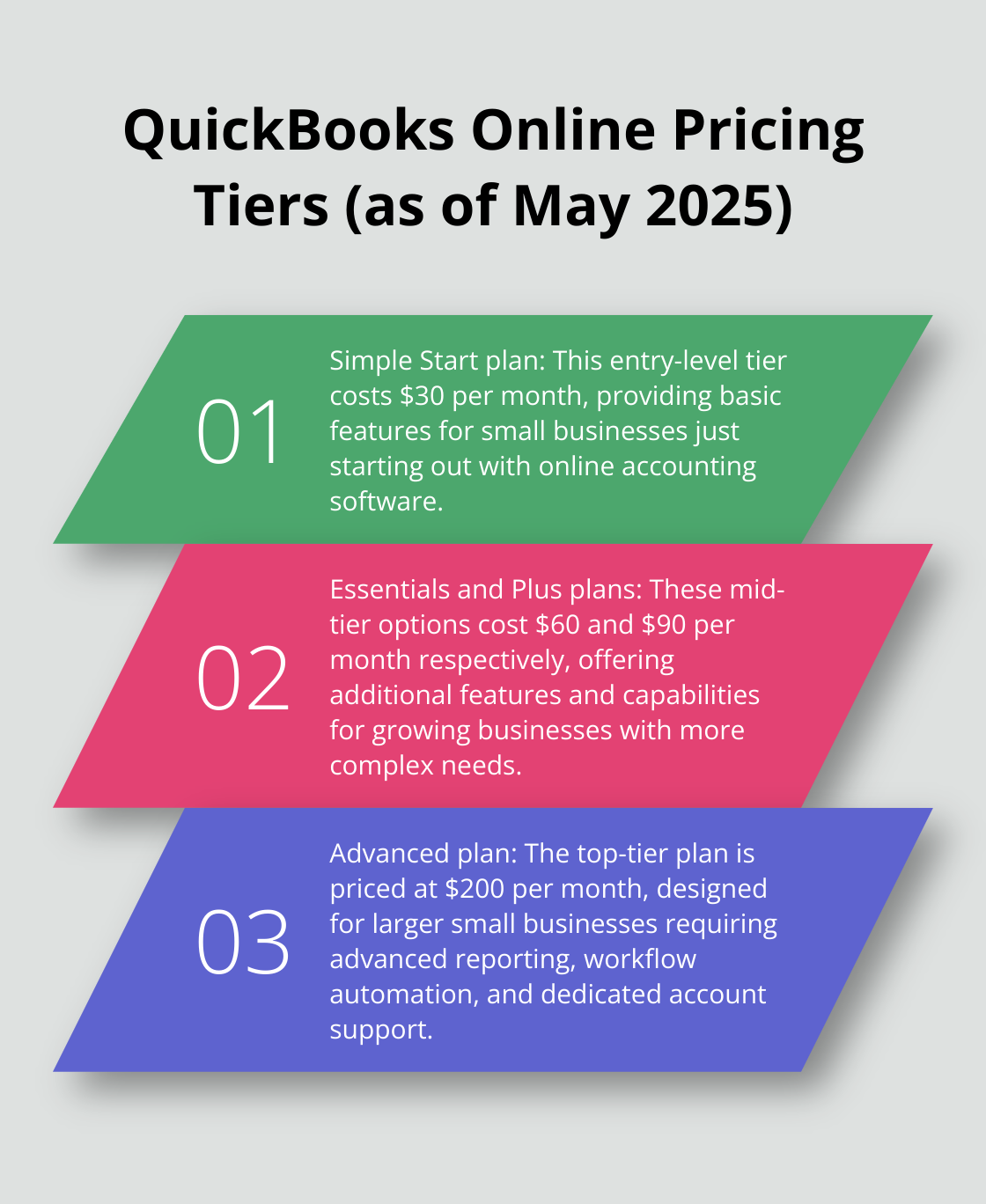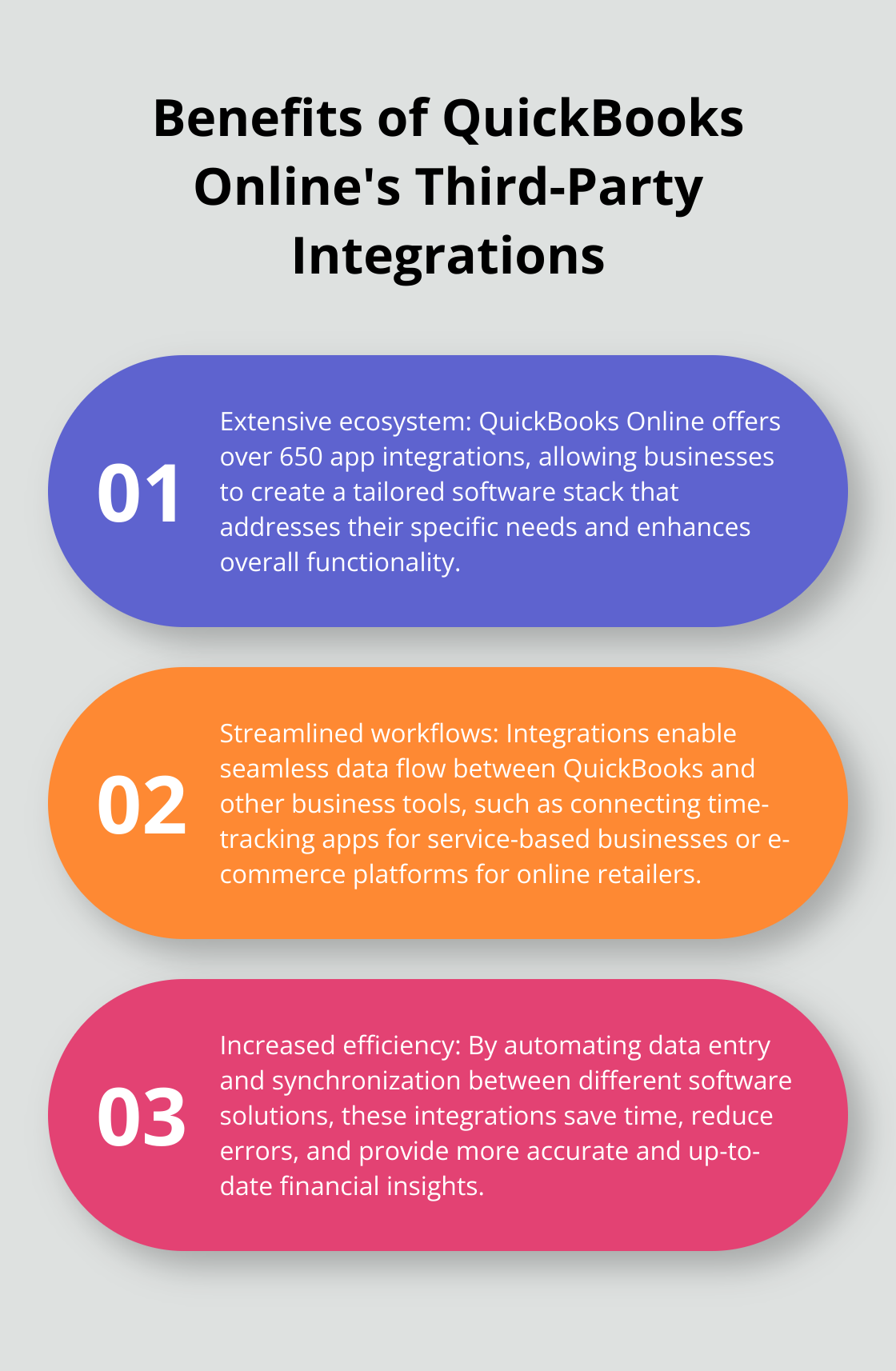At Optimum Results Business Solutions, we understand the importance of choosing the right accounting software for your business. QuickBooks, a popular choice among entrepreneurs and small business owners, offers both online and desktop versions.
The difference between QuickBooks Online and Desktop can significantly impact your business operations. In this post, we’ll explore the key distinctions between these two platforms to help you make an informed decision for your company’s financial management needs.
Where Can You Access QuickBooks?
Cloud-Based Freedom
QuickBooks Online operates entirely in the cloud, providing many great benefits over desktop, such as remote access, enhanced flexibility, and real-time collaboration. You can access your financial data from any device with an internet connection. Your financial information remains at your fingertips whether you use a laptop at home, a tablet in a coffee shop, or your smartphone during a business trip. This flexibility proves particularly valuable for business owners who frequently move or manage multiple locations.

Desktop Limitations
QuickBooks Desktop installs on a specific computer. This limits your access to that particular machine. You can’t check financial data while away from the office unless you set up remote access software. This drawback significantly impacts businesses that require real-time financial insights or have team members working from different locations.
Collaboration Capabilities
QuickBooks Online excels in collaboration. Multiple users can work on the same set of books simultaneously, regardless of their location. This feature proves invaluable for businesses with distributed teams or those working with external accountants. For instance, you could update invoices while your accountant reconciles bank statements, all in real-time.
QuickBooks Online facilitates real-time collaboration with multi-user access and extensive integration options with over 650 apps and services. While it’s possible to set up a multi-user environment in QuickBooks Desktop, it requires additional setup and often comes with limitations on concurrent users. This can slow down workflows and create bottlenecks in financial management processes.
Mobile Access
QuickBooks Online offers a robust mobile app (available for both iOS and Android devices). This app allows you to manage your finances on the go. You can create and send invoices, track income and expenses, and even run reports directly from your smartphone. This level of mobile access proves especially useful for businesses with field operations or frequent travel requirements.
Remote Work Compatibility
In today’s evolving work environment, remote work has become increasingly common. QuickBooks Online aligns perfectly with this trend, allowing team members to access financial data from their home offices or any location with internet connectivity. This flexibility ensures business continuity even in situations where physical office access becomes limited.
The accessibility differences between QuickBooks Online and Desktop significantly impact how businesses manage their finances. As we move to discuss pricing and subscription models, it’s important to consider how these accessibility features align with your business needs and operational structure.
How Much Does QuickBooks Cost?
Subscription vs. One-Time Purchase
QuickBooks Online uses a subscription-based model. As of May 2025, prices range from $30 to $200 per month, depending on the chosen plan. This model offers flexibility, allowing businesses to adjust their plan as needed without significant upfront costs.
QuickBooks Desktop requires a one-time purchase. Prices start at $549 for the Pro version and increase to $1,340 for the Enterprise version. While this may appear more cost-effective initially, businesses must consider the need for annual upgrades to access the latest features and security updates.

Hidden Costs and Ongoing Expenses
QuickBooks Desktop users should be aware of potential hidden costs. These include fees for additional user licenses, payroll services, and customer support. Adding users to QuickBooks Desktop can cost up to $450 per year for three additional users.
QuickBooks Online includes automatic updates and backups in its subscription price. This can result in significant IT maintenance cost savings over time.
Scalability for Growing Businesses
QuickBooks Online provides more flexible scalability options for businesses anticipating growth. Users can upgrade their plan as their needs evolve, without reinstalling software or transferring data. This scalability extends to user access, with the ability to add up to 25 users on the Advanced plan.
QuickBooks Desktop, while robust, has more limited scalability. The Enterprise version supports up to 40 users, but this comes at a significantly higher cost and may require additional hardware investments for optimal performance.
Industry-Specific Considerations
Service-based businesses and tech startups often benefit from the flexibility and scalability of QuickBooks Online. However, businesses with complex inventory needs or industry-specific requirements might find QuickBooks Desktop a better fit, despite its higher upfront cost.
The choice between QuickBooks Online and Desktop impacts more than just your wallet. Let’s explore how these platforms differ in features and functionality to help you make the best decision for your business.
How Do QuickBooks Online and Desktop Compare in Features?
QuickBooks Online and Desktop offer distinct features that cater to different business needs. The choice between these platforms often depends on specific functionality requirements.
Real-Time Financial Insights
QuickBooks Online provides insights on the data that matters to your business. This capability allows businesses to make informed decisions quickly. A tech startup can create budgets with real-time data they can collaborate with their team on, enabling rapid strategy adjustments.
QuickBooks Desktop updates financial information only when users manually enter or sync data. This delay can create problems for businesses that require immediate financial visibility.
Inventory Management
QuickBooks Desktop Enterprise offers advanced inventory tracking features. It supports functions like barcode scanning and warehouse inventory tracking. These capabilities benefit businesses with complex inventory needs (such as manufacturers or wholesalers).
QuickBooks Online’s inventory management is more basic. It suits small businesses with straightforward inventory requirements but may not meet the needs of companies that require detailed stock control.
Reporting and Customization
Both versions offer extensive reporting options, but they differ in customization capabilities. QuickBooks Desktop provides more flexibility in report customization. Users can create highly tailored reports, which proves particularly useful for businesses with unique reporting needs.
QuickBooks Online offers fewer customization options but compensates with easier report generation and sharing. Its cloud-based nature allows for quick distribution of reports to stakeholders, which enhances collaboration.
Third-Party Integrations
QuickBooks Online excels in its integration capabilities. With over 650 app integrations, it offers unparalleled connectivity to other business tools. This extensive ecosystem allows businesses to create a tailored software stack that addresses their specific needs.

A service-based business could integrate time-tracking apps with QuickBooks Online for seamless billing. E-commerce businesses can connect their online stores directly to their accounting system, which automates sales data entry.
QuickBooks Desktop offers integrations but has a more limited selection. This restriction can significantly disadvantage businesses that rely heavily on diverse software solutions.
Final Thoughts
The difference between QuickBooks Online and Desktop impacts how businesses manage their finances. QuickBooks Online provides cloud-based accessibility, real-time collaboration, and extensive third-party integrations. It suits businesses that value flexibility, remote work capabilities, and scalability. QuickBooks Desktop offers robust features for complex inventory management and extensive customization options, which appeal to companies with specific industry requirements.
Most modern businesses, especially service-based companies and tech startups, will find QuickBooks Online the superior choice. Its cloud-based nature aligns with current trends in remote work and real-time financial management. However, businesses with complex inventory needs or those requiring highly customized reports might still prefer QuickBooks Desktop.
Optimum Results Business Solutions specializes in helping small service-based businesses and tech startups navigate these choices. Our team of QuickBooks Online ProAdvisors can assist you in selecting the right version for your needs. We offer customized bookkeeping and accounting solutions to enhance your operational efficiency and reduce financial management costs.








